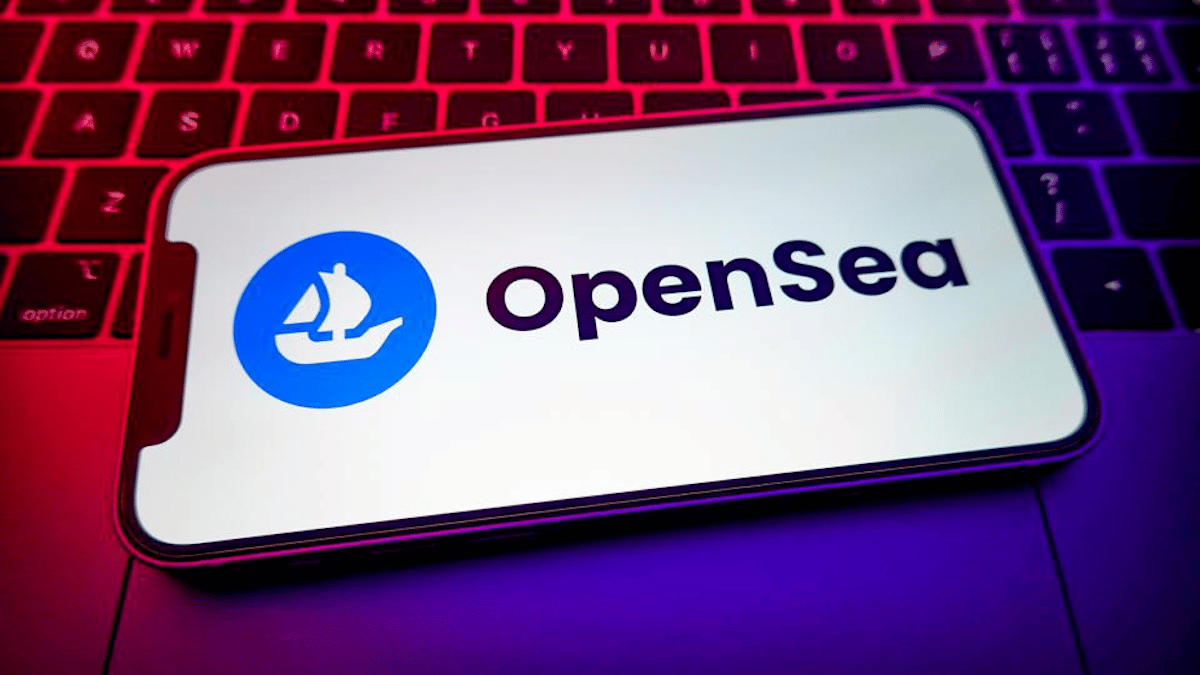The prominent NFT marketplace, Opensea, has made it apparent that it has banned Cuban artists due to the United States’ sanctions policy. A total of 30 Cuban collectors and artists don’t have access to the marketplace.

The banning of Cuban artists
NFTcuba.Art, a Cuban NFT project, tweeted the matter to publicize their disabled Opensea account. “Not only Cubans on the island, but people of other nationalities face censorship in Web3 companies,” the tweet says. Buying art from Cubans is not banned in the US embargo.” Furthermore, the NFT marketplace claims that the company is simply following its Terms of Service. Further, it explicitly prohibits sanctioned individuals, including those in sanctioned jurisdictions.
long time since we posted, unfortunate that this post needs to be this.@opensea has disabled our profile.
Not only do Cubans on the island, but those who have other nationalities have to endure censorship in web3 company.
Buying art from Cubans is not banned in the us embargo pic.twitter.com/7cccbmjNWR
— NFTcuba.ART
(@nftcubaart) December 12, 2022
Opensea has banned 30 Cuban artists and collectors thus far, according to Artnet. This includes Havana-based artists Gabrial Guerra Bianchini and Fábrica de Arte Cubano. As a response to the controversy, an Opensea Spokesperson told Cointelegraph the following:
“We continue to holistically evaluate what other measures need to be taken to serve our community and comply with applicable law.”
The details of the marketplace’s policies don’t come as a surprise since the banning of artists has occurred before. The Opensea marketplace also restricted Venezuela, Iran, and Syria in the past due to US sanctions. Though the recent ban on Cuban artists has sparked a debate on Twitter about the decentralization of NFT marketplaces. This has caused artists and collectors to look elsewhere and choose a different marketplace that allows them to participate in Web3.
All investment/financial opinions expressed by NFTevening.com are not recommendations.
This article is educational material.
As always, make your own research prior to making any kind of investment.
Read More: nftevening.com










 Bitcoin
Bitcoin  Ethereum
Ethereum  Tether
Tether  XRP
XRP  Solana
Solana  USDC
USDC  Dogecoin
Dogecoin  Cardano
Cardano  TRON
TRON  Lido Staked Ether
Lido Staked Ether  Wrapped Bitcoin
Wrapped Bitcoin  Sui
Sui  Chainlink
Chainlink  Avalanche
Avalanche  Stellar
Stellar  Shiba Inu
Shiba Inu  LEO Token
LEO Token  Hedera
Hedera  Toncoin
Toncoin  Wrapped stETH
Wrapped stETH  USDS
USDS  Bitcoin Cash
Bitcoin Cash  Litecoin
Litecoin  Polkadot
Polkadot  Hyperliquid
Hyperliquid  Bitget Token
Bitget Token  Binance Bridged USDT (BNB Smart Chain)
Binance Bridged USDT (BNB Smart Chain)  WETH
WETH  Ethena USDe
Ethena USDe  Pi Network
Pi Network  Monero
Monero  WhiteBIT Coin
WhiteBIT Coin  Pepe
Pepe  Wrapped eETH
Wrapped eETH  Coinbase Wrapped BTC
Coinbase Wrapped BTC  Uniswap
Uniswap  Aptos
Aptos  NEAR Protocol
NEAR Protocol  Dai
Dai  Ondo
Ondo  OKB
OKB  Bittensor
Bittensor  Internet Computer
Internet Computer  Gate
Gate  Official Trump
Official Trump  sUSDS
sUSDS  Ethereum Classic
Ethereum Classic  Tokenize Xchange
Tokenize Xchange